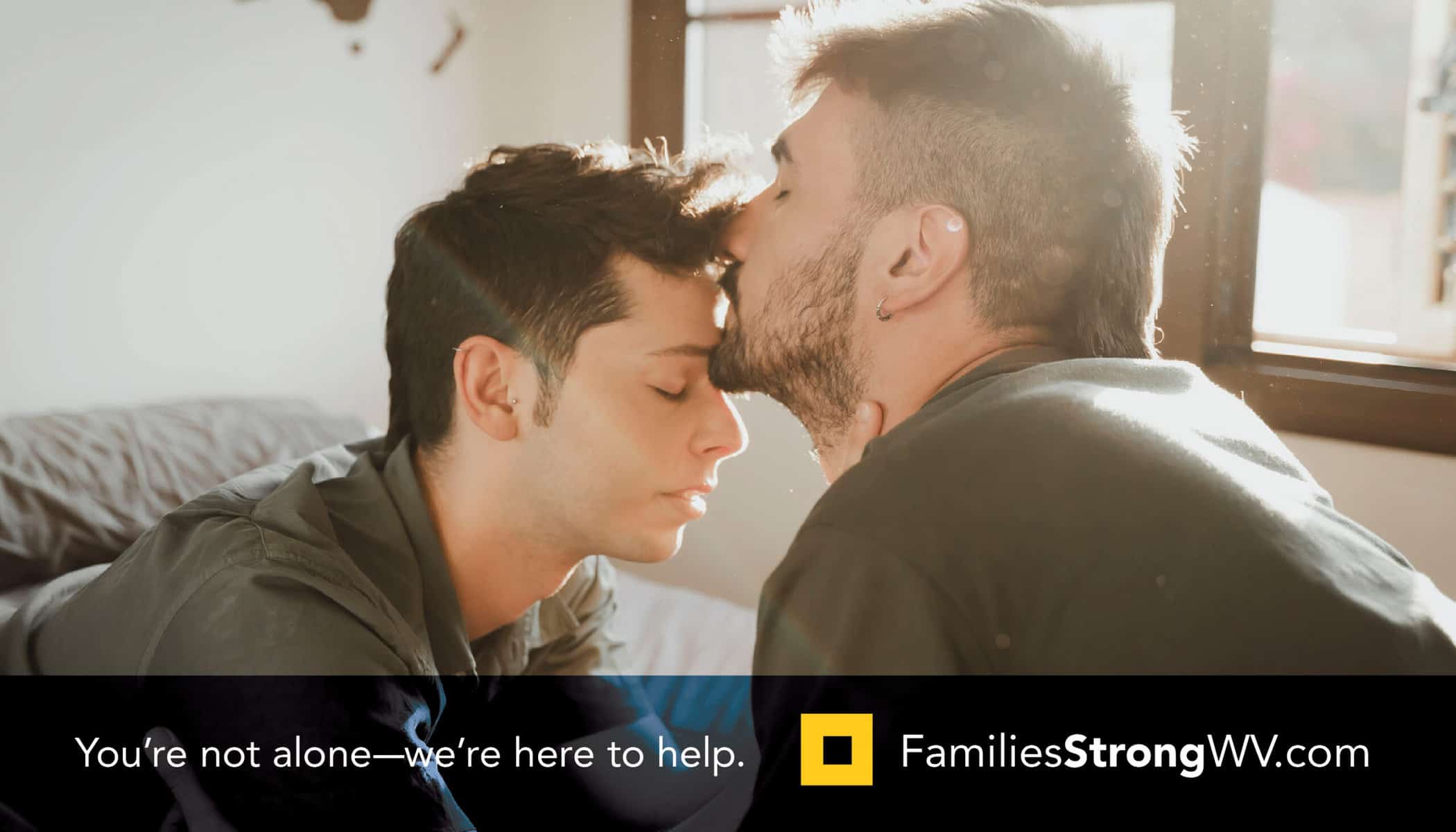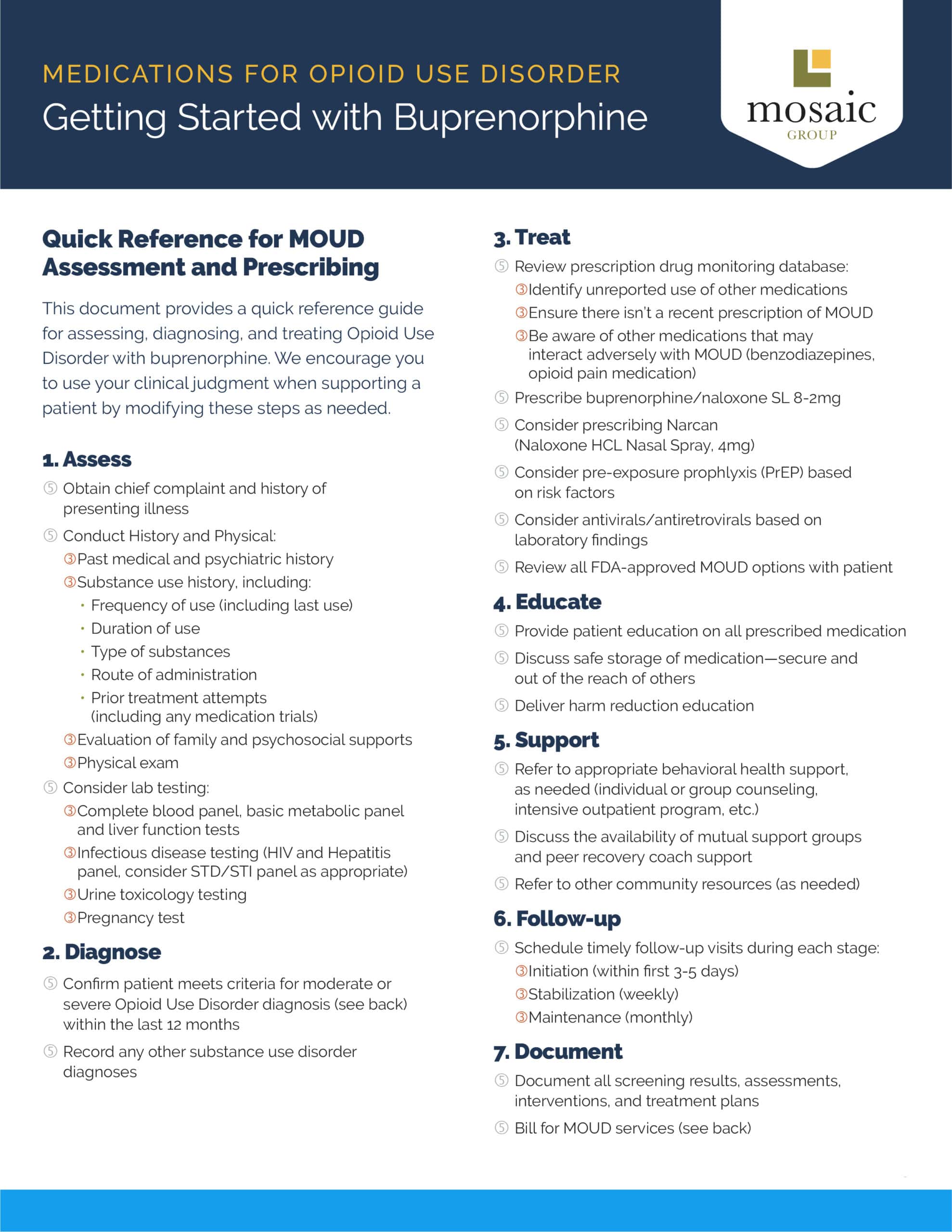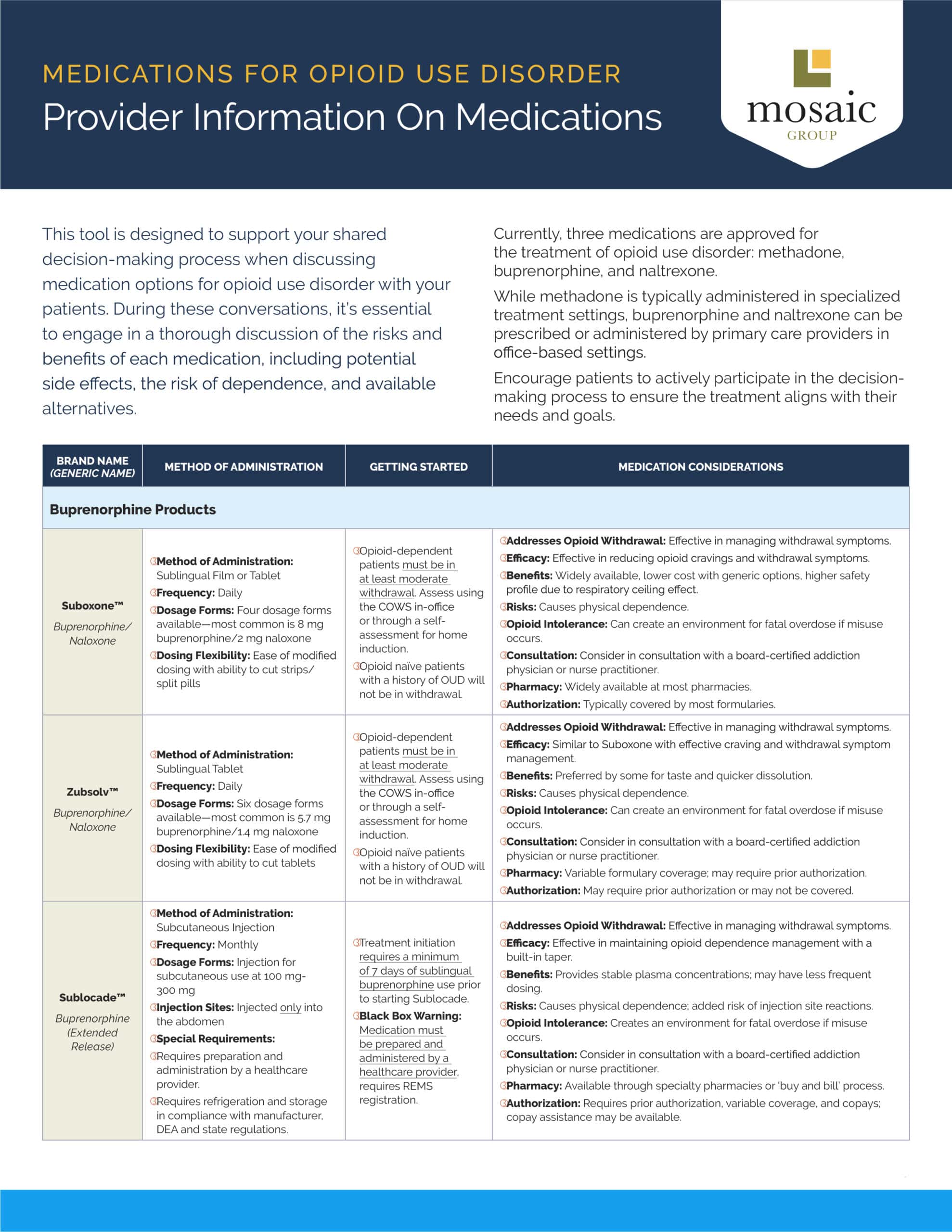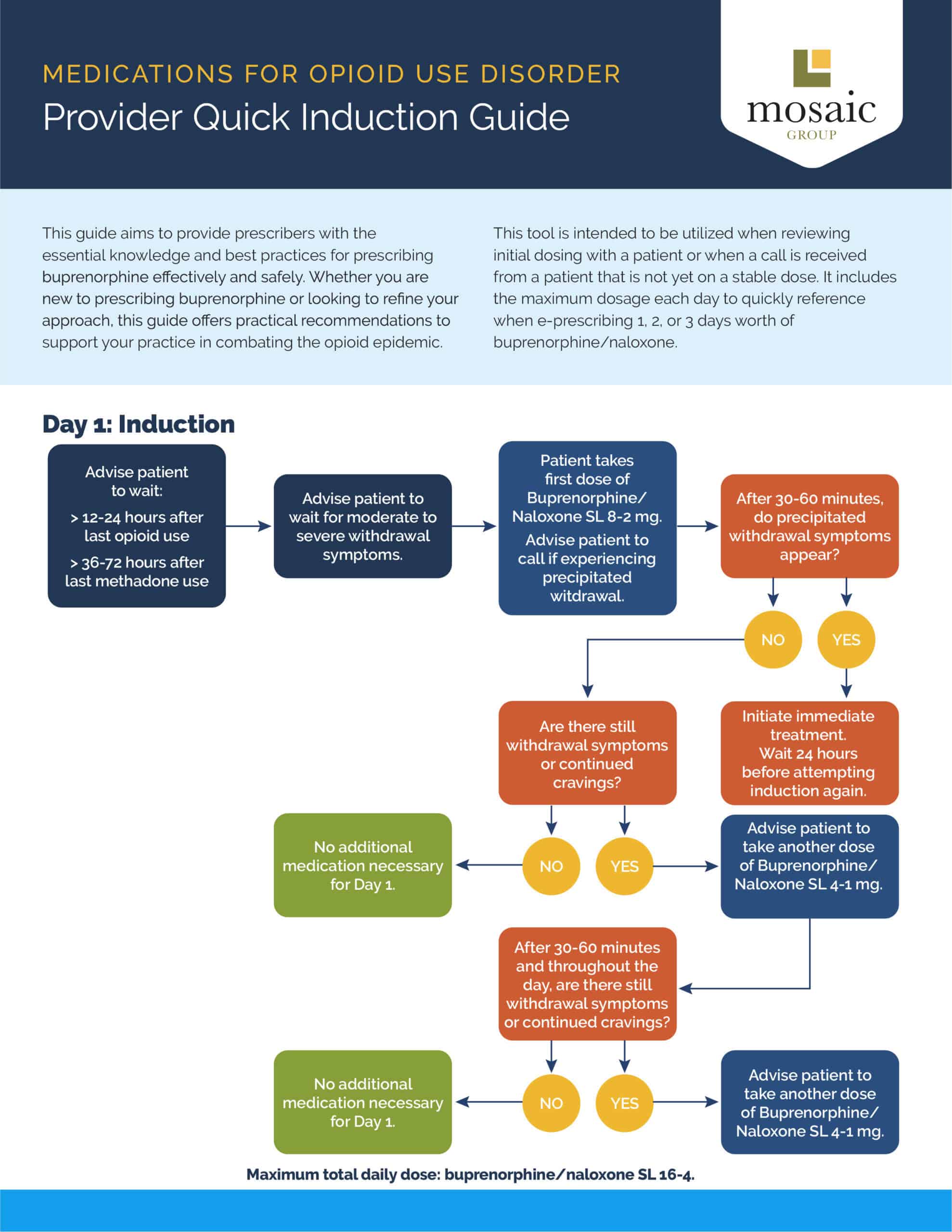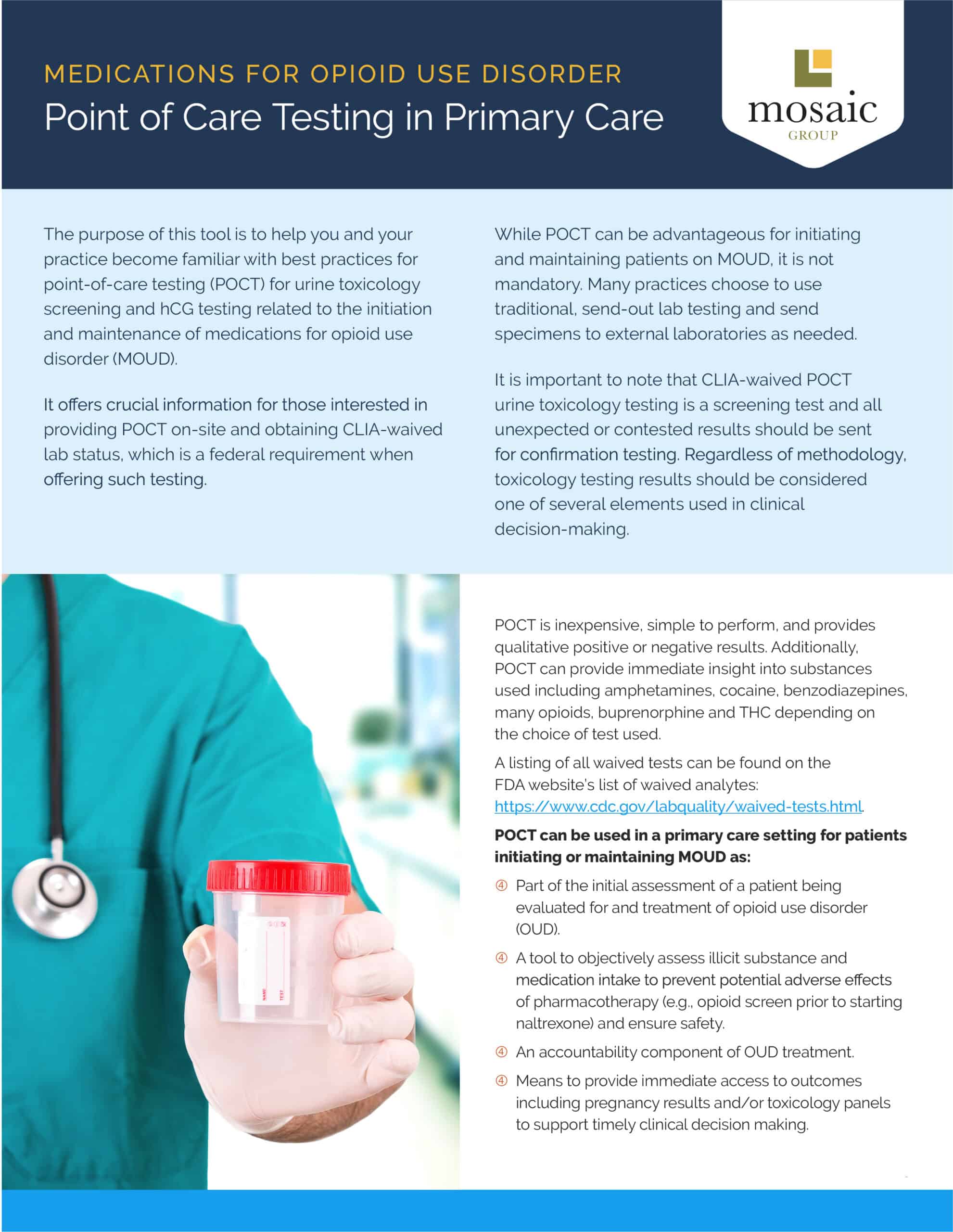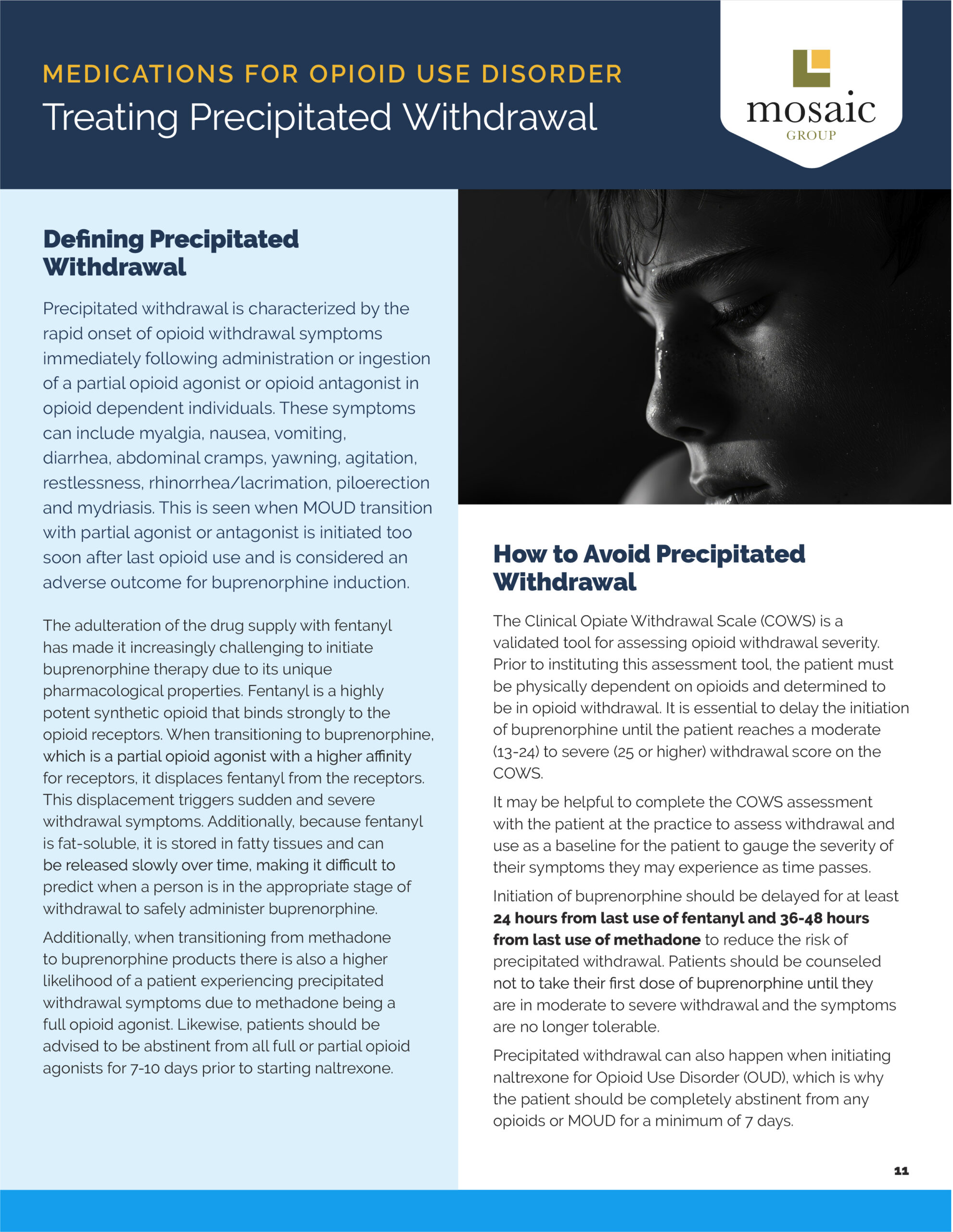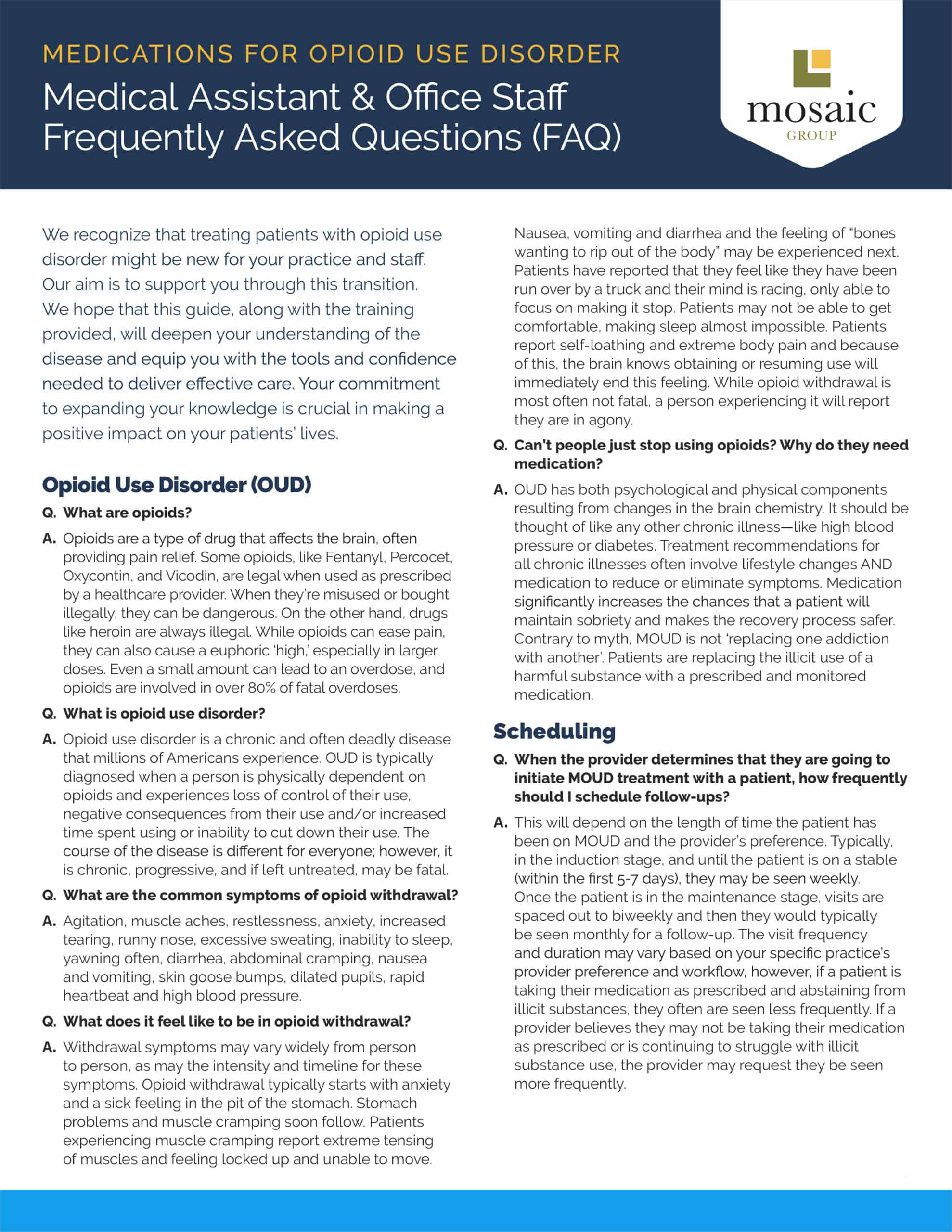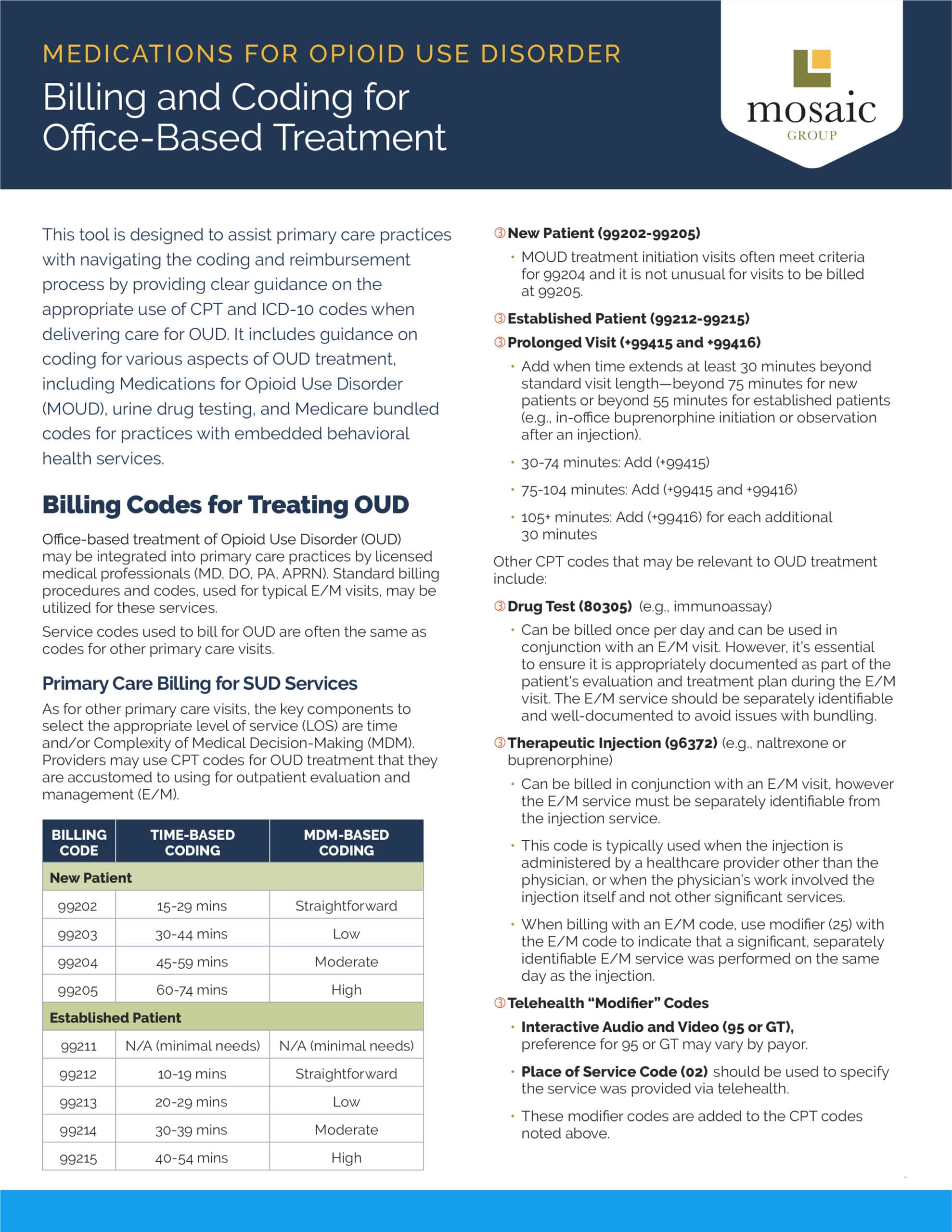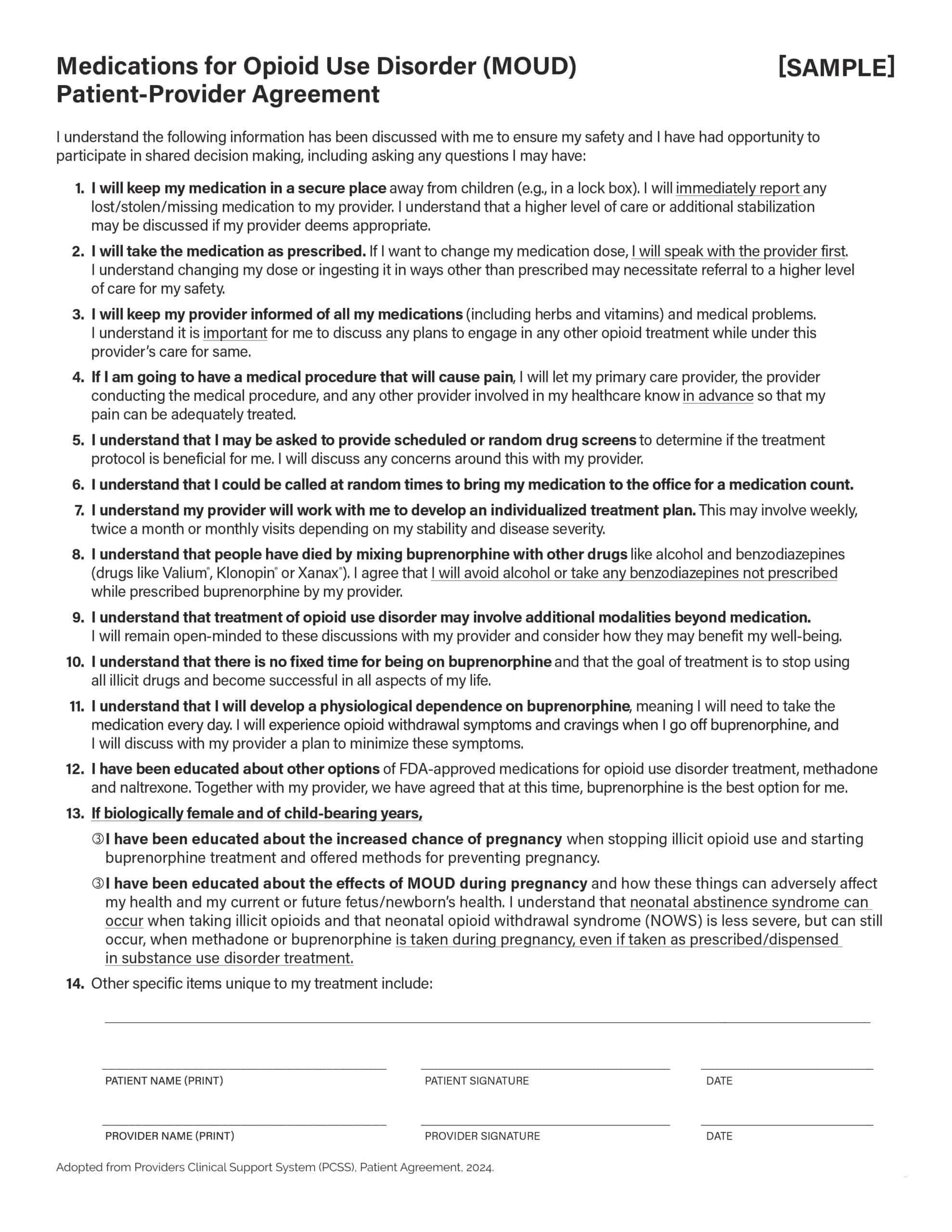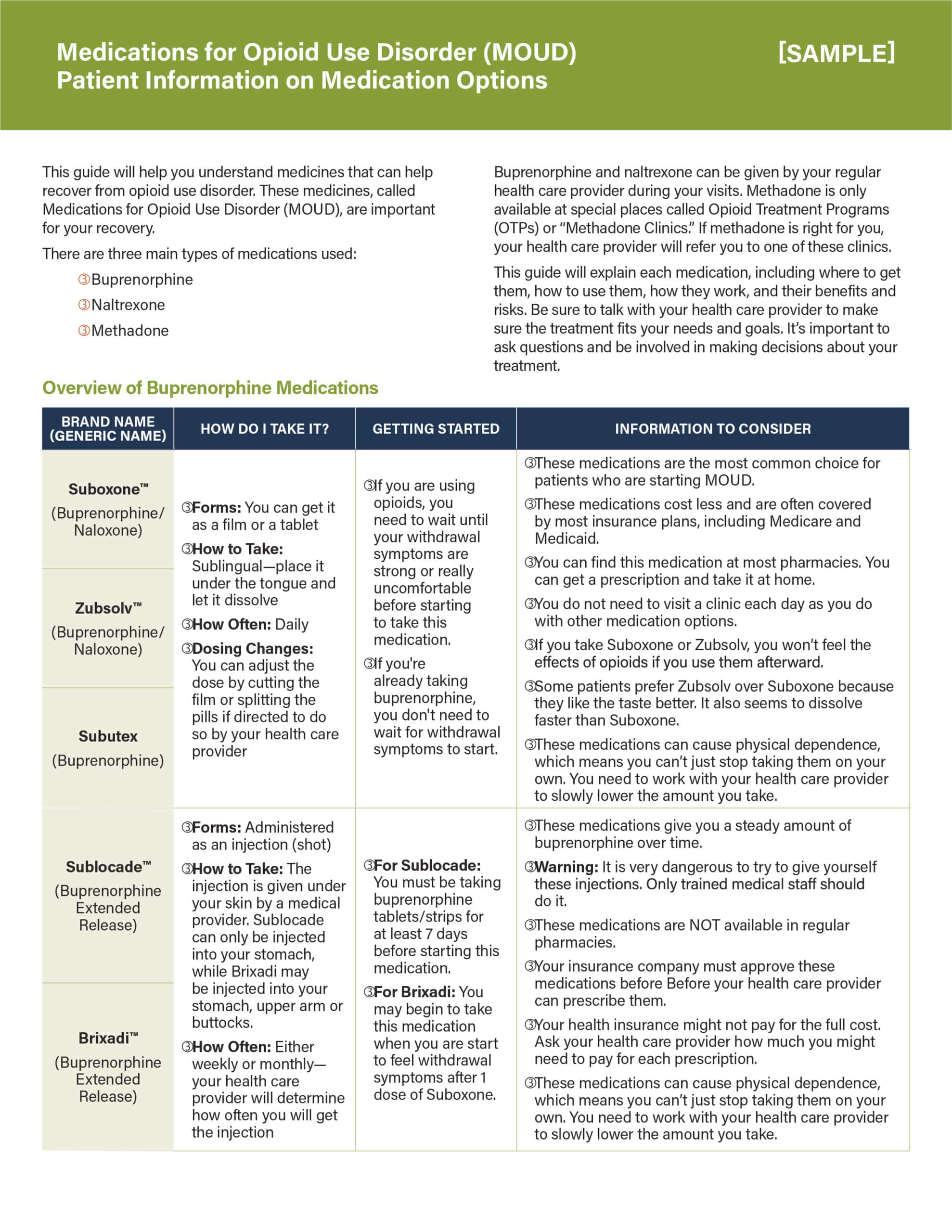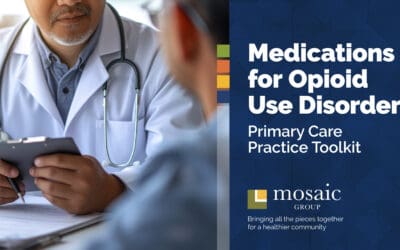Resilience, persistence, and support are necessities when helping those struggling with substance use disorder.
Those with substance use disorder are often reminded about the importance of patience. After all, recovery is a process that takes time. And because the process is typically accompanied by numerous ups and downs, patience is a necessity for ultimate success.
Patience—along with compassion—is also important for family and friends impacted by substance use disorder. Many times, those who are a source of strength and encouragement to the person recovering from substance use disorder can encounter their own ups and downs.
Here are three ways family members and other loved ones can maintain their compassion and patience while supporting a loved one’s recovery.
Accept that The Road to Recovery Can Be Hard
Supporting an individual on their recovery journey can feel like an emotional rollercoaster. There will inevitably be times when your patience will wear thin, and your compassion will be tested.
Remember, recovery is a marathon, not a sprint. You won’t always be at your best or most supportive. And no one benefits when you give in to believing you have failed.
When you lose your patience or aren’t as compassionate as you could be, it doesn’t mean you have let the person—or yourself—down. To the contrary, you’ve given in to your humanity. None of us is perfect, and we can’t always keep our own emotions and frustrations in check—even with those we love and are committed to supporting.
Don’t forget the need to be compassionate and patient with yourself, too. Being supportive to someone in need can be hard work and sometimes you just hit the limit of your physical boundaries.
Give yourself permission to be exhausted, to step away and regroup, and to focus on your own self-care through finding time for yourself each day, practicing gratitude, or participating in meditation.
Strive for resilience, not perfection. When you lose your patience or fail to be as compassionate as you could be, what you do next time—and the time after that—is what matters most.
Differentiate Between the Disorder and the Person
One of the great difficulties in dealing with substance use disorder is distinguishing between the disorder and the individual. It can be hard to separate the individual from their behavior, especially when that behavior is hurtful, disruptive, or tests the boundaries of your relationship.
In these times it’s helpful to remember that the disorder may be at the root of the behavior.
After all, it’s the person you are supporting, not the disorder. Keeping that reality in mind can make it easier to remain patient, compassionate, and supportive.
Seek the Support You Need
Being there for a loved one struggling with substance use disorder can be one of the hardest and loneliest things you’ll ever do. As with most difficult challenges, the support of others can make it easier and more manageable.
Don’t hesitate to draw on your support network of loved ones and friends. Also, take advantage of the resources available to you, including through Families Strong WV. We’re here to support you and help you develop the skills to better cope with—and manage the stress of—loving someone with substance use disorder.
Join Us at Families Strong\
Lear more about our group sessions, based on our years of experience assisting the loved ones of substance users. Contact our team today at (681) 378-2086 or email [email protected]. Families Strong offers 8-week long group sessions which will equip you with the tools and resources to support your loved one no matter how tough things get.
_____________________
Families Strong is a free, 8-week support group for the families and friends of individuals who are using substances. It is designed to help reduce the negative effects of substance use issues on families. The program is developed and guided by Mosaic Group, nationally recognized experts in behavioral health. To learn more about the program and how your organization or state agency can partner with Mosaic Group to implement it, contact us at [email protected].

